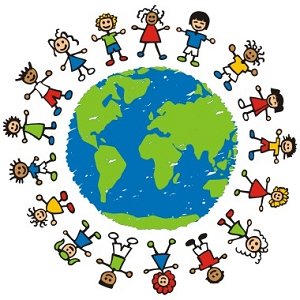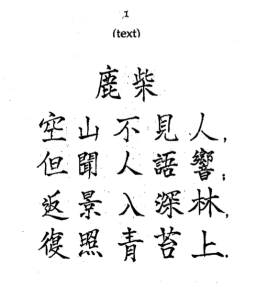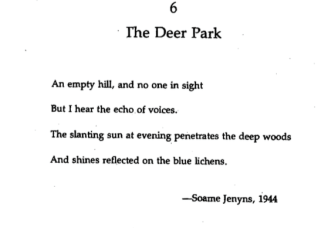The beauty of language is that there are SO. MANY. We are able to communicate with one another and are fortunate enough to have the opportunity to easily learn a new language. But what if we try to communicate with someone who speaks a foreign language that you are not familiar with? Unfortunately, Google Translate is not the answer.

“Turn down for what” is a phrase used today that teenagers use to describe the act of having fun and getting wasted. Google translates it to “Reject what” in Spanish. Therefore, this translation was not accurate.
Translation has opened new doors to being able to take foreign language and rephrasing it into a language that we can understand. This is useful for looking at literature in other languages and translating it to a language other readers could understand. The problem with that is that each author thinks differently so their translations do not come out the same or there are certain words that simply do not have the same translation in other languages.
19 Ways of Looking at Wang Wei
Original Poem Translation of each individual character
– Wang Wei Source
 There is a book called Nineteen Ways of Looking at Wang Wei by Elliot Weinberger where Wang Wei writes in a literary Chinese that is no longer spoken today. Weinberger compares 19 different translations from different authors on the same poem and shows how difficult translation could be.
There is a book called Nineteen Ways of Looking at Wang Wei by Elliot Weinberger where Wang Wei writes in a literary Chinese that is no longer spoken today. Weinberger compares 19 different translations from different authors on the same poem and shows how difficult translation could be.
Behind every language there are unique cultures, traditions, and emotions that can not be completely translated to another language who doesn’t understand the true, accurate meanings behind the original words. As said above, each author thinks differently; one author’s interpretation of a poem can be completely different from another author’s, this causes translations to not always be exact.
Throughout the book there are examples of 19 different poems rephrasing Wang Wei, each of those poems were written by authors who used their own words to express their own perception after reading his poem.
Examples on how these different authors translated the same, original poem above.
Source
“Chinese poetry was based on the precise observation of physical world. Jenyns and other translators come from a tradition where the notion of verifying a poetic image would be silly, where the word ‘poetic’ itself is synonymous with ‘dreamy'” (13, Weinberger).
Weinberger explains how there is a difference in emotion in the poem that Soame Jenyns translated because of their culture. Traditionally, Chinese are very respectful and connected with nature whereas, in other cultures nature doesn’t seem to have such a great impact as it does in Chinese poetry.
Even though translation was pretty talked down upon throughout this blog, it is still helpful and useful. It has helped us understand other cultures and to take a look at their literature, but we should continue to improve translations so that we could better connect with each other.





I liked your post, your title was attention grabbing!
LikeLike